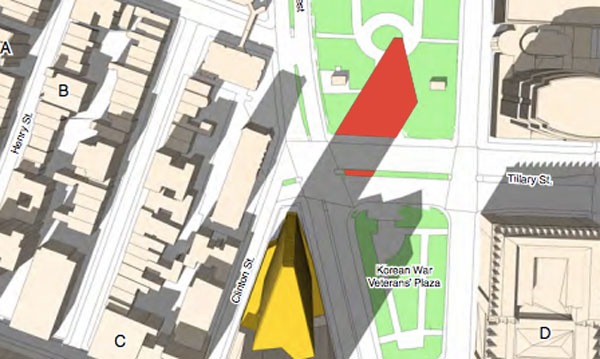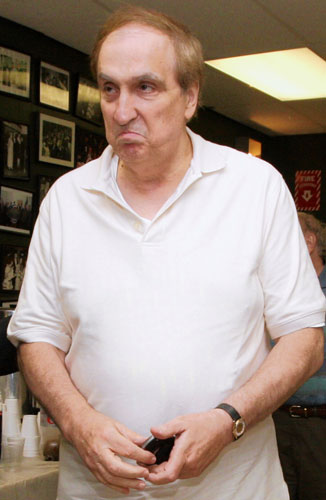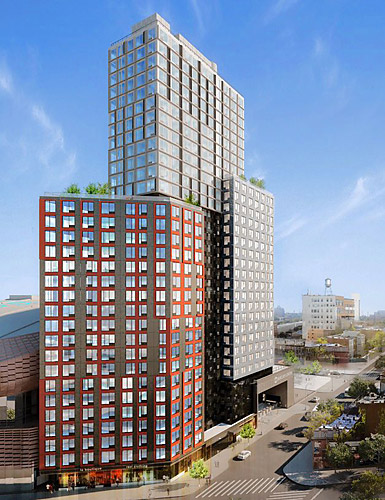The plaintiffs behind two high-profile stop-and-frisk lawsuits filed an emergency motion against the city on May 26, demanding a moratorium of the Police Department’s enforcement of social distancing and a federal investigation into the NYPD’s coronavirus-related enforcement.
“The NYPD’s approach to social-distancing enforcement is stop and frisk 2.0,” said Darius Charney, senior staff attorney at the Center for Constitutional Rights, in a statement.
The plaintiffs, which consist of various advocacy organizations, accuse the NYPD of enforcing coronavirus-related guidelines along racial lines, and ask the government to institute a federal monitor to investigate the police’s practices.
The plaintiffs previously sued the city for the police’s controversial stop-and-frisk policy in Floyd v. City of New York. The lawsuit, along with a 2010 case challenging stops and arrests of public housing residents, led to a 2013 ruling that deemed stop and frisk unconstitutional and racially discriminatory against black and Hispanic New Yorkers. The ruling also assigned a federal monitor to oversee a “Joint Remedial Process” in communities affected by the practice — similar to the monitor the plaintiffs are calling for now.
The advocacy organizations involved in the emergency motion — which include Center for Constitutional Rights, the National Association for the Advancement of Colored People Legal Defense and Educational Fund, the Legal Aid Society, and the law firm of Beldock, Levine, & Hoffman — asked the Southern District of New York District Court to direct Peter Zimroth, the court-appointed federal monitor in the stop-and-frisk cases, to investigate NYPD’s social-distancing enforcement practices and report his findings.
They also demanded that the court order the city to halt the NYPD’s social distancing enforcement until such a probe concludes.
The motion comes after several sets of data revealed that the NYPD’s enforcement of social distancing and other COVID-19-related issues disproportionately affected poorer New Yorkers of color, while white and wealthier neighborhoods logged few or no arrests or summonses.
That followed several violent arrests in Brooklyn and beyond, including one involving a mother and her toddler inside the Atlantic Avenue-Barclays Center subway station which led to protests by civil rights organizations, during which activists called on Mayor Bill de Blasio to put a stop to the Police Department’s seemingly skewed enforcement.
NYPD spokesmen said that COVID-related enforcement fell outside the remit of federal monitorship and that the string of violent cases represented just a small fractions of police’s many interactions with the public during the health crisis.
“While the Department is fully cooperating with multiple inquiries regarding the enforcement of COVID related violations, the issue falls outside the scope of the federal monitorship,” said Jeffrey Schlanger, NYPD deputy commissioner for risk management in a statement.
The NYPD’s assistant deputy commissioner for legal matters, Oleg Chernyavsky, said, “The NYPD has made well over one million contacts with the public in regard to Executive Orders relating to the COVID-19 pandemic with only approximately 450 summonses issued.”























